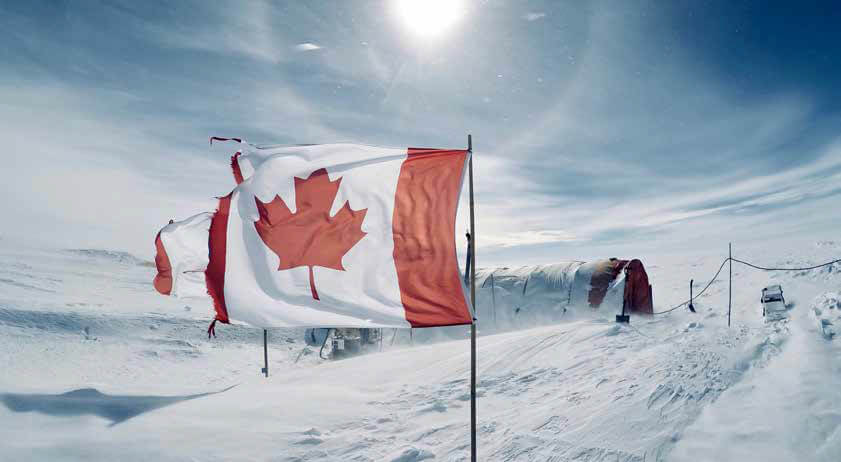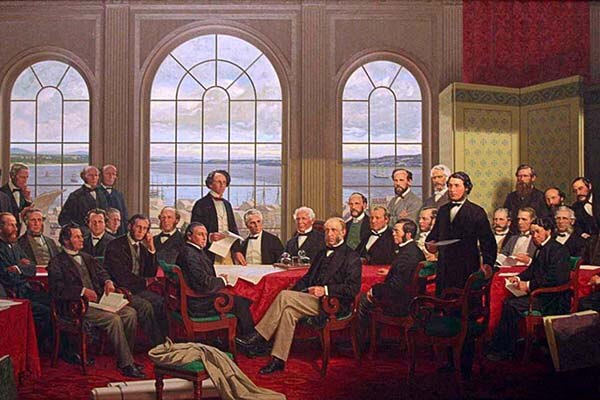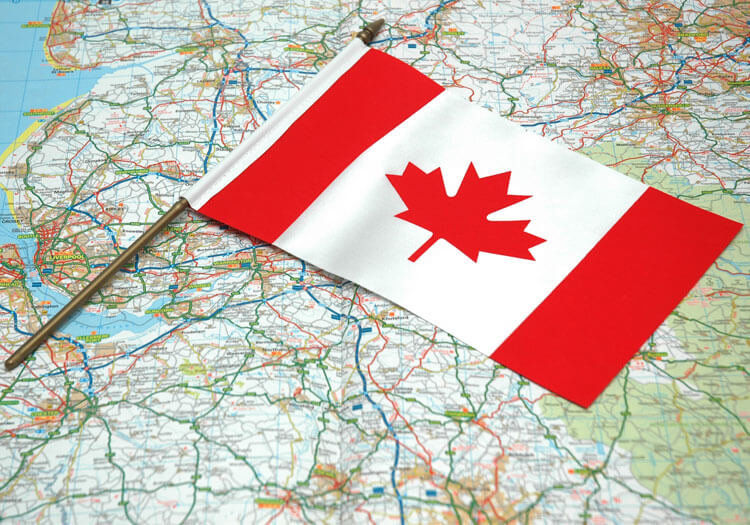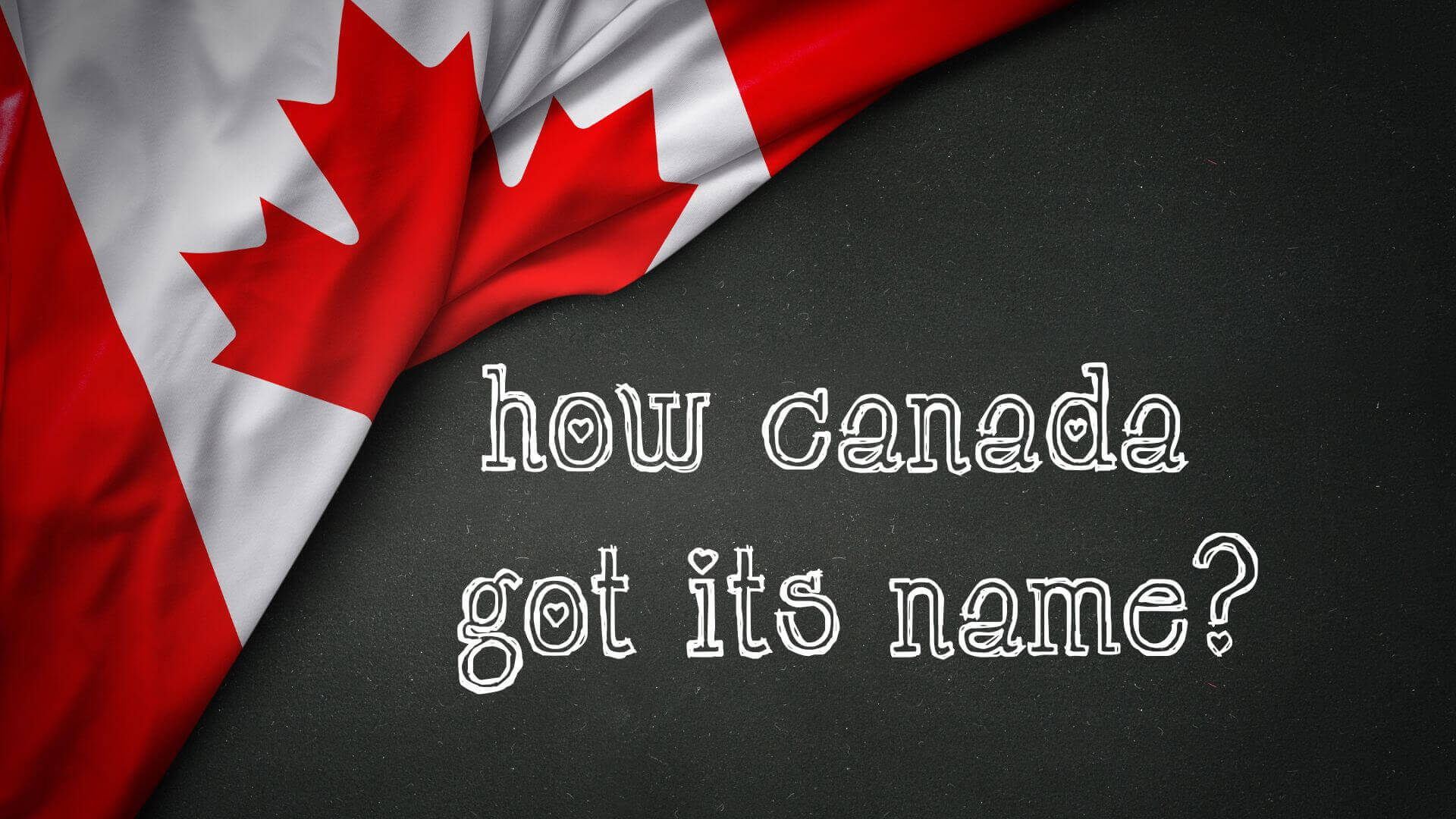This is the narrative of how Canada was named—and what it may have been called—from Victorialand to Efisga. Consider singing “O’Victorialand” or carrying a “Efisga” passport. Although it may appear strange today, these situations were once plausible. Here’s how one moment affected the country’s future forever.
“Canada’s” Indigenous origins

The term “Canada” has Indigenous origins and is derived from the Huron-Iroquois word kanata, which means “village” or “settlement.” Two Aboriginal teenagers told French explorer Jacques Cartier about the road to Kanata in 1535, alluding to the settlement of Stadacona (now the city of Québec). Cartier is thought to have misheard or misunderstood what they said and adopted the term “Canada” to denote the entire area. By 1547, maps referred to everything north of the St. Lawrence River as Canada.
“There has been much speculation about what was said, but we’ll never know for sure since the individuals [Cartier met] and their language no longer exist,” says Allan Greer, professor of history and Canada research chair at McGill University.
The establishment of a country

Canada did not always consist of ten provinces and three territories. “During the New France and early British periods, Canada corresponded only to what we now call Quebec and Ontario,” explains Jean-François Lozier, a French North American history curator at the Canadian Museum of History. “The notion that Canada may be the name of a country is a fresh one.”
The union of the British North American colonies had been discussed for some time by the late 1850s. However, it did not acquire traction until the Charlottetown Conference in 1864. According to the Canadian Encyclopedia, 36 representatives from the colonies met to debate the foundation of a new nation, known as the Fathers of Confederation. Following multiple discussions, the provinces of Ontario, Quebec, Nova Scotia, and New Brunswick united to become the Dominion of Canada on July 1, 1867.
Alternative spellings

What you may not know is that the name Canada was just one of many proposed by participants at the confederation convention. Albertsland and Victorialand, named after Queen Victoria and her late husband, were also on the list. Borealia, which means “northern,” was inspired by the northern lights. More names proposed included Hochelaga, which derived from the Iroquoian term for “beaver route,” and Mesoplagia, which was used to denote the “country between the oceans.” Norland, Cabotia, Superior, and the acronym Efisga (England, France, Ireland, Scotland, Germany, and Aborigines) were all choices.
“Ultimately, Canada won because it had the advantage of already existing and being used by the people who supported the Confederation agenda,” Lozier adds. “It was also brief and to the point.”
